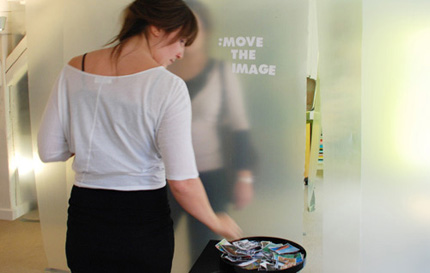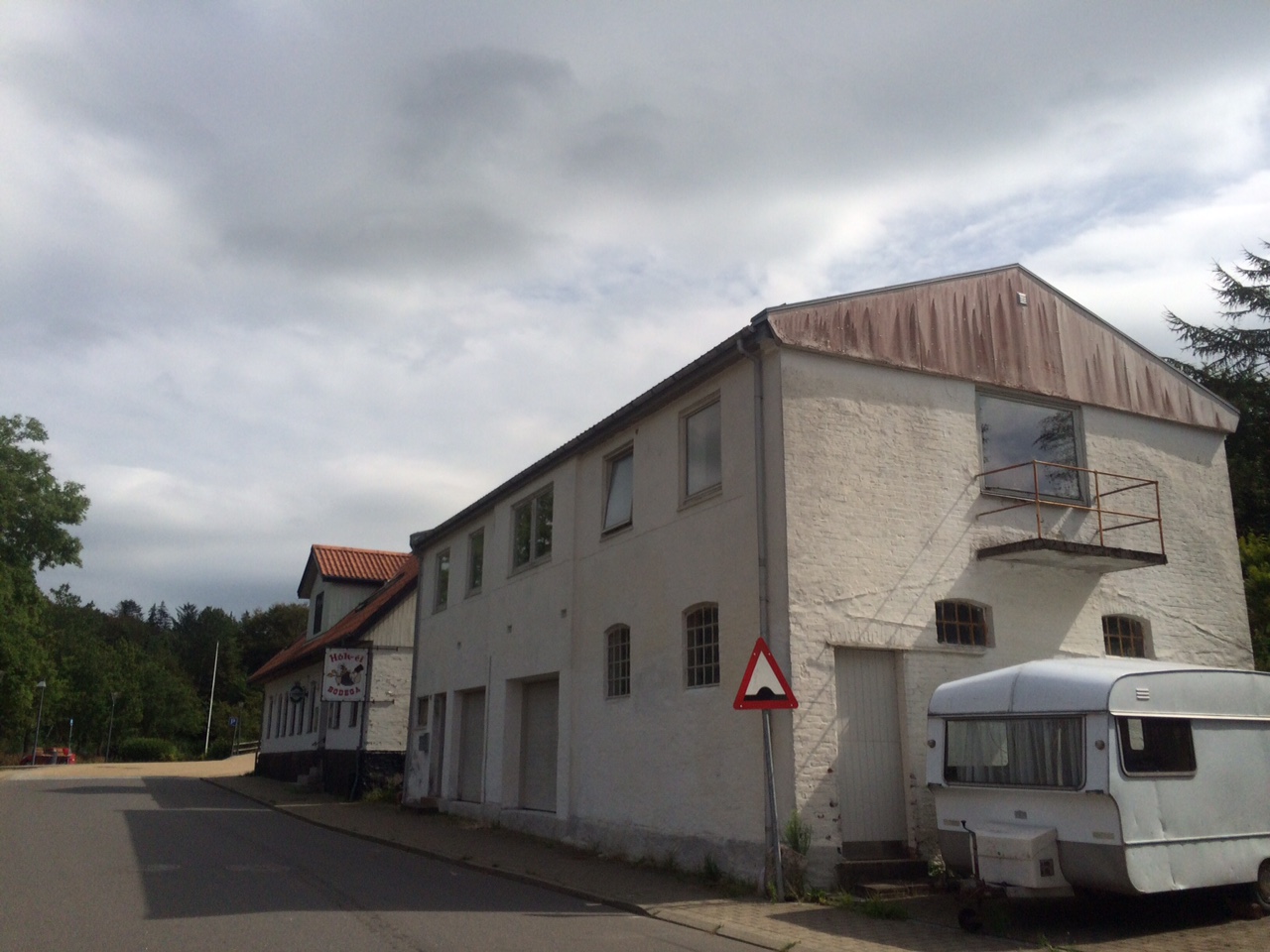From the Labyrinth of lost and found futures.
This comment is from our December Newsletter – you can find the whole letter to the right.
For not so long ago, it seemed as though almost any company and organization had lost the future – at least out of sight. In a time of crisis everybody tend to stick to yesterdays comfort zones and winning strategies. Short term thinking may be a survival strategy here and now, but neglecting the future is not really a choice in the long run.
Turning your face to change is really tough. In HOF we are dedicated to stereotype the organization of the future, and we also experience the challenge it is to manage status quo and at the same time be passionate about creating a better future. It’s so easy to fall back and do what you’ve always done even when you know and sense the urgency not to. We may still think that people are the most important asset in our companies and organizations, but actually we are moving beyond that: It’s the relationships between them and what they can accomplish together that really adds value to the bottom lines and people’s well-being of the future. Diversity and manifold talents are not an end, but a mean to co-create new solutions to new needs. “A one track mind sees and hears very little”, as Arie de Geus, former head of Shell’s Scenario Unit once said, and we need to see, sense, work and measure more dimensions than the financial one.
The most important outcome of the financial crisis and climate change are alternative futures, and they are yet to be fully put on the public, corporate and political agenda. One by one we seek relief and answers to our personal questions and needs in various kinds of holistic thinking and being. Some may call it spirituality, but no matter which label we chose, the real relief will only come when we realize that we’re in this together.
Managers must become leaders, and leaders must be human. We can’t afford to lose humanity just to become financially richer. If we continue to be narrow-minded, and aren’t able to use our minds and hearts, our passion and compassion, in how we earn our living, we are unsubscribing our developmental potential. New forms of leadership and organizational designs are needed to make the structural change that is necessary if we want a better future. People are the ones to run companies and organizations – not the other way around – and people are the ones that decide how to do business and politics today and tomorrow. We can shape and create the structures of our everyday life.
Granted this gift, we have an obligation to think ahead. To not only think about ourselves but also future generations and the environment. And because it is people that chose, decide on, create and manifest the individual and the structural landscapes – how we organize our life, our work, our organizations and the systems upon which we base acknowledgement – it’s also us that feel and sense the urgency to do so. What you feel is real, and we – the people – are early warning systems predicting the need for structural change.
Lost futures are what we get if we don’t have the courage to navigate through the unknown. We are not used to give in to not knowing, not even for a little while. We are not used to be open-minded and collaborative. Instead we constantly seek the results that used to be so valuable for us. Today, when we have a problem, we tend to get rid of it or solve it as quickly as we can, ticking one off on the endless to do list. And this approach will never bring about true change.
In order to meet the common need for new ways of thinking and acting in the fields of business, politics and leadership in the 21st Century, we must work with and value long term perspectives. Luckily, or necessarily, some parts of the world are beginning their search for alternative futures. In a little while not only the kingdom of Bhutan will measure the happiness or well being of its people and environment. UK, France and Canada are planning to do the same and thereby break the outdated habit of believing that money and GNP is the one and only way to measure value and growth.
The world seems to lose footing, and it’s not a bad sign, as long as you are in good company.
House of Futures

